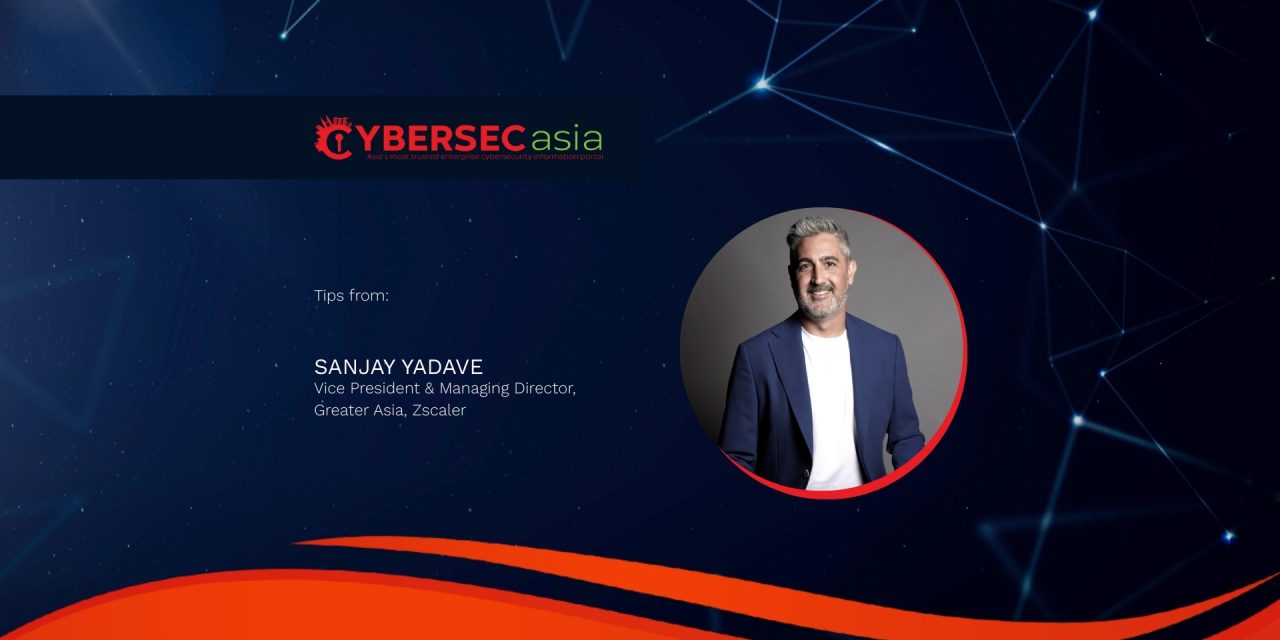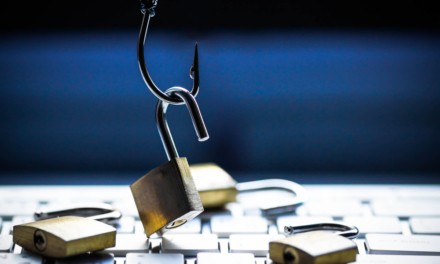3rd May 2025 will find Singaporeans going to the ballot boxes to vote in a new government for the digitally advanced island-state. What new threats may mark the 19th General Elections for the nation, and for elections in other economies in the region?
Singapore’s General Elections are fast approaching, marking a critical moment for the nation. As technology advances at an unprecedented pace, ensuring public trust has become increasingly complex. The resilience of electoral processes and infrastructure will now be tested against the evolving digital landscape.
India’s 2024 General Elections offered a glimpse into the future, where candidates deployed AI-generated deepfake videos to expand their reach. This raises pressing questions about the fine line between innovation and manipulation.
Singapore, as a highly digitalized economy, is not immune to these challenges. With its deep global connectivity and reliance on technology, the nation must now confront AI-driven disinformation and cyber threats head-on.
Ai-driven disinformation and deepfakes
AI is reshaping disinformation tactics, making it easier to manufacture and spread falsehoods at scale. According to Sumsub’s Identity Fraud Report 2024, Singapore saw a 240% rise in deepfake attacks, ranking second in Asia-Pacific alongside Cambodia. From altered interviews of former Prime Minister Lee Hsien Loong to the artificial “resurrection” of Indonesia’s Suharto, the rise of deepfakes threatens public perception and electoral integrity.
Recognizing this risk, Singapore banned deepfakes of political candidates in October 2024. However, disinformation is just one facet of the broader challenge—cyberattacks targeting electoral infrastructure pose an equally pressing threat.
Technology: our double-edged sword
However, the rapidly evolving nature of cyberthreats, from disinformation to infrastructure attacks, requires a more proactive approach to safeguard the integrity of the electoral process.
Now we have AI-driven threats targeting our perceptions of truth and credibility. While technology has enabled incredible progress, it has also expanded the toolkit for cybercriminals. This transforms the very rules for how elections can be disrupted.
Besides driving disinformation, advanced hacking techniques can target infrastructure systems that underpin electoral integrity, creating public confusion and seeding doubts in result validity. The outcome is bad, regardless.
Practical defenses against today’s cyberthreats
How can Singapore fortify itself against election-related cyber-attacks? A Zero Trust security framework is a strong foundation.
This approach assumes no user, device, or connection is inherently safe, requiring continuous verification based on identity, behavior patterns, and device security. It ensures that election data is safeguarded from misconfigurations, unauthorized access, and risky user behaviors.
While deepfakes pose a challenge, AI itself is not the enemy. When leveraged correctly, AI plays a crucial role in strengthening cybersecurity. AI-driven predictive analytics can monitor suspicious behavior and detect anomalies — such as unexpected surges in traffic targeting election systems — before they escalate into full-scale attacks.
Machine learning (ML) models can also preemptively identify disinformation campaigns, helping neutralize threats before they influence public sentiment.
By integrating Zero Trust principles with AI-driven insights, Singapore can build a proactive defense against evolving cyber threats, ensuring electoral processes remain secure and credible
Reassuring trust in Singapore’s electoral process
Trust is the foundation of any democratic process. Citizens, businesses, and investors need confidence that Singapore’s electoral system is secure and resilient. The nation’s strong public-private partnerships and proximity to global cybersecurity leaders provide a crucial advantage in adopting best-in-class security practices.
As the elections draw near, Singapore has the opportunity to set a new global benchmark for election security in the digital age. By staying ahead of emerging threats and reinforcing cyber defenses, Singapore can preserve public trust and uphold the integrity of its democracy.

















